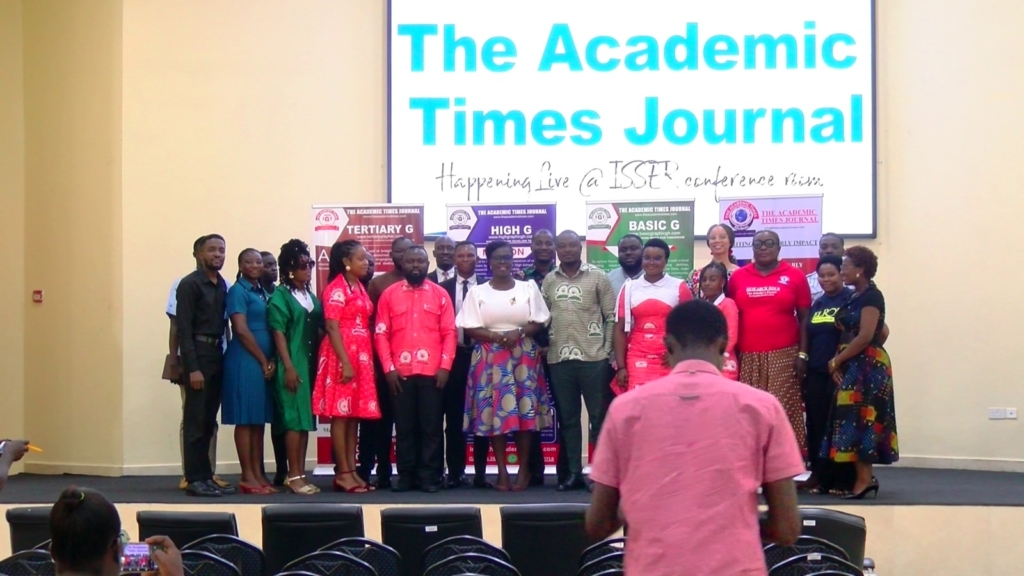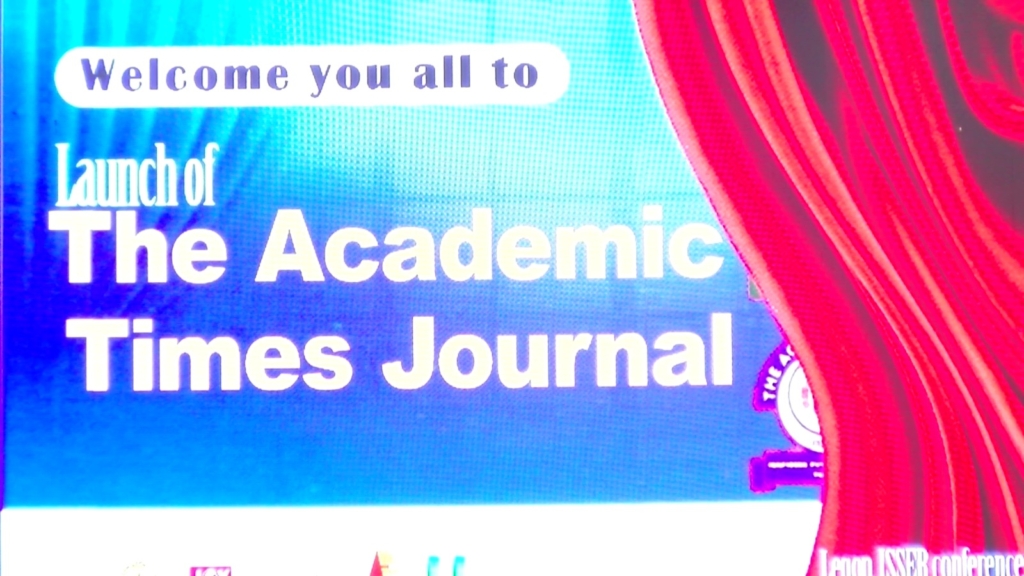
The Academy Time Journal has intensified campaign to link academic research with industry needs as part of a broader effort to drive innovation, enterprise growth and national development. Speaking at a scholarly impact event, Chief Executive Joshua Yeboah said Ghana’s economy will expand only when research moves beyond academic shelves into factories, boardrooms and policy spaces. He emphasized that the Journal’s mandate is to ignite scholarly impact by helping researchers, especially students, translate their ideas into market-ready products.
“Igniting scholarly impact is our top priority because once research becomes impactful, it automatically contributes to national development, whether in a community, a private institution or a government agency.”

Mr. Yeboah noted that many young innovators have already developed prototypes with commercial value but lack mentorship and visibility. He added that the model can reduce graduate unemployment by transforming students into entrepreneurs.
“Many student researchers already have prototypes with real commercial potential. What they lack is exposure, sponsorship and mentorship. Connecting them to industry means their ideas can become real businesses. If even 30 percent of student researchers can commercialize their prototypes, we will drastically reduce the pressure on the job market. Young people will become creators of jobs, not just seekers.”
The Academy Time Journal plans to expand its platforms, including the Emerging Scholarly Dialogue series and an annual Research and Practice Dialogue, to enhance interactions between scholars and industry leaders.
“The Research and Practice Dialogue will bring students, policymakers and industry players under one roof. It’s a marketplace of ideas, where innovations can find sponsors, partners and real pathways to the market.”
He cited a student-developed cashew-apple sausage prototype as an example of research that could transform local manufacturing if supported.

Assistant Editor-in-Chief Dr. Anita Adjoa Oppong emphasized that a significant amount of research in Ghana remain unseen and unused, thereby preventing brilliant innovations from reaching industries that could benefit from them. She explained that the Journal’s long-term goal is to ensure research consistently informs policy, product development, and economic strategy. She added that the Journal is also courting private sector partnerships to help innovators move from concept to commercialization.
“Too much research ends up in theses and published papers that nobody sees. We want to change that by giving scholars the platform to showcase innovations to industries that need them. When we ignite scholarly research, we ignite impact on policy, innovation and the economy. That is the future we are working toward. Our goal is to create strong partnerships with industries so that every researcher who publishes with us can engage directly with companies and turn ideas into practical solutions.”

Dr. Oppong added that early-stage innovators, including basic and junior high school students, also require dedicated support. She noted that financial limitations remain one of the Journal’s biggest constraints.
“For younger innovators, the cost of research exposure shouldn’t fall on them. We need sponsorship to highlight their talent and encourage their creativity. Visibility and funding remain our biggest challenges. We need resources to reach researchers, especially those who cannot afford to showcase their work.”
With its renewed commitment to bridging academia and industry, the Academy Time Journal believes Ghana is poised to unlock new pathways for industrial growth, foster research-driven policymaking, and cultivate a generation of innovators capable of shaping the nation’s economic future.